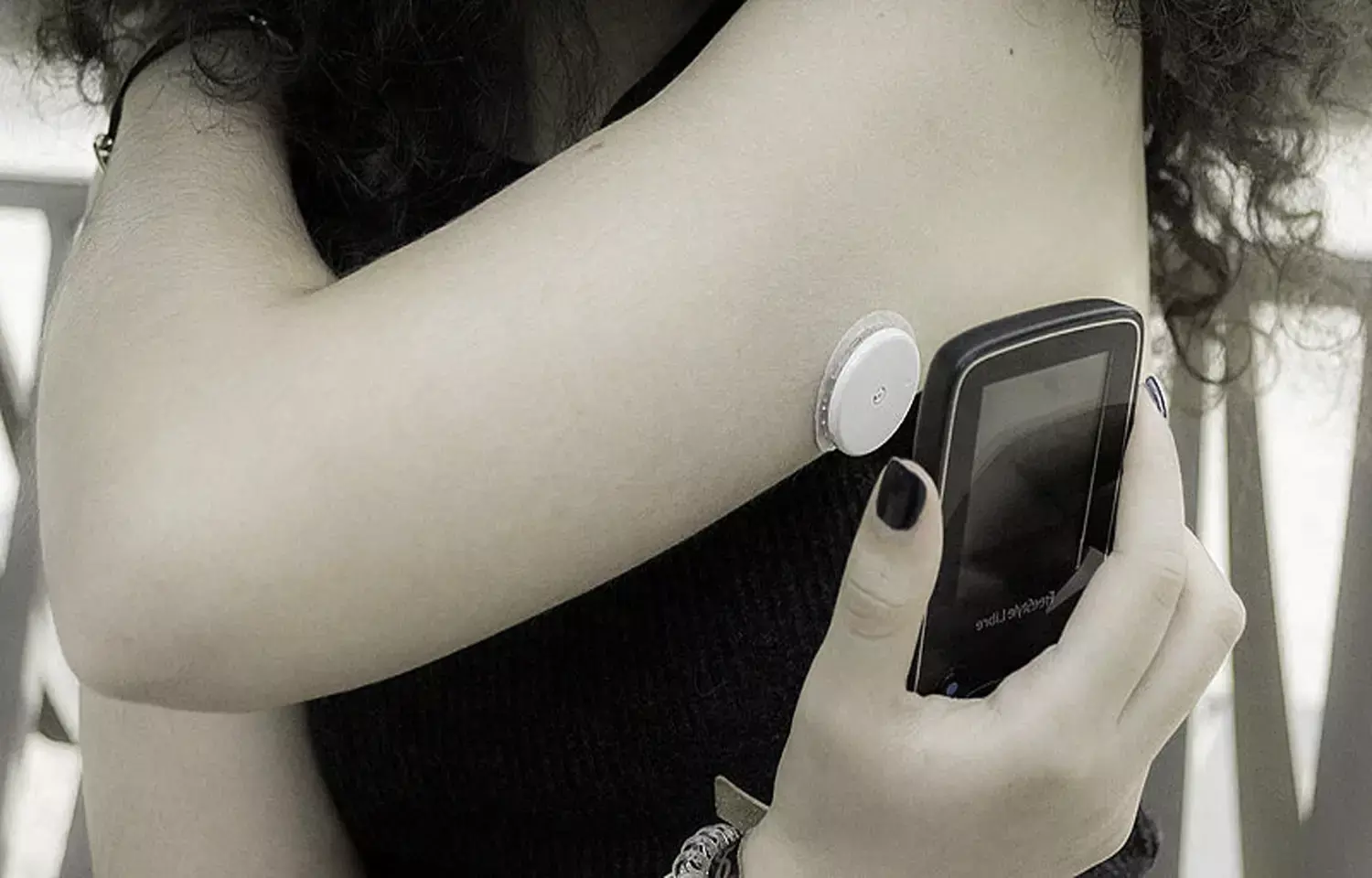- Home
- Medical news & Guidelines
- Anesthesiology
- Cardiology and CTVS
- Critical Care
- Dentistry
- Dermatology
- Diabetes and Endocrinology
- ENT
- Gastroenterology
- Medicine
- Nephrology
- Neurology
- Obstretics-Gynaecology
- Oncology
- Ophthalmology
- Orthopaedics
- Pediatrics-Neonatology
- Psychiatry
- Pulmonology
- Radiology
- Surgery
- Urology
- Laboratory Medicine
- Diet
- Nursing
- Paramedical
- Physiotherapy
- Health news
- Fact Check
- Bone Health Fact Check
- Brain Health Fact Check
- Cancer Related Fact Check
- Child Care Fact Check
- Dental and oral health fact check
- Diabetes and metabolic health fact check
- Diet and Nutrition Fact Check
- Eye and ENT Care Fact Check
- Fitness fact check
- Gut health fact check
- Heart health fact check
- Kidney health fact check
- Medical education fact check
- Men's health fact check
- Respiratory fact check
- Skin and hair care fact check
- Vaccine and Immunization fact check
- Women's health fact check
- AYUSH
- State News
- Andaman and Nicobar Islands
- Andhra Pradesh
- Arunachal Pradesh
- Assam
- Bihar
- Chandigarh
- Chattisgarh
- Dadra and Nagar Haveli
- Daman and Diu
- Delhi
- Goa
- Gujarat
- Haryana
- Himachal Pradesh
- Jammu & Kashmir
- Jharkhand
- Karnataka
- Kerala
- Ladakh
- Lakshadweep
- Madhya Pradesh
- Maharashtra
- Manipur
- Meghalaya
- Mizoram
- Nagaland
- Odisha
- Puducherry
- Punjab
- Rajasthan
- Sikkim
- Tamil Nadu
- Telangana
- Tripura
- Uttar Pradesh
- Uttrakhand
- West Bengal
- Medical Education
- Industry
Factory-calibrated CGM accurate for diabetics on hemodialysis: Study

A factory-calibrated continuous glucose monitor (CGM) appears to be reasonably accurate for individuals on hemodialysis, according to a new study.
USA: The study, published in the journal Diabetes Care stated that the factory-calibrated continuous glucose monitor was shown to be resanobaly accurate in its performance and clinically relevant for use in practice by patients on hemodialysis and health professional for improving diabetes management.
CGM display real-time glucose values leading to greater glycemic awareness with reduced management burden. Factory-calibrated CGM systems allow for glycemic assessment sans pain and inconvenience of fngertick glucose testing.
Previous studies have shown that CGM improves diabetes management, but there is no clarity on its reliability in individuals on hemodialysis and is potentially affected by variations in interstitial and intravascular volume. Considering this, Meaghan M. Stumpf, Center for Diabetes Technology, University of Virginia, Charlottesville, VA, and collegaues aimed to assess the accuracy of a factory-calibrated CGM by using venous blood glucose measurements (vBGM) during hemodialysis sessions and self-monitoring blood glucose (SMBG) at home.
Based on the study, the researchers reported the following findings:
- Twenty participants completed the protocol. The mean absolute relative difference of the CGM was 13.8% and 14.4%, when calculated on SMBG (n = 684) and on vBGM (n = 624), and 98.7% and 100% of values in the Parkes error grid A/B zones, respectively.
- Throughout 181 days of CGM monitoring, the median time in range (70–180 mg/dL) was 38.5% (interquartile range 29.3–57.9), with 28.7% (7.8–40.6) of the time >250 mg/dL.
The researchers conclude, "in diabetes patients, the overall performance of a factory-calibrated CGM appears reasonably accurate and clinically relevant for use in practice by individuals on hemodialysis and health professionals to improve diabetes management."
Reference:
Orianne Villard, Marc D. Breton, Swati Rao, Mary K. Voelmle, Morgan R. Fuller, Helen E. Myers, Ryan K. McFadden, Zander S. Luke, Christian A. Wakeman, Mary Clancy-Oliveri, Ananda Basu, Meaghan M. Stumpf; Accuracy of a Factory-Calibrated Continuous Glucose Monitor in Individuals With Diabetes on Hemodialysis. Diabetes Care 7 July 2022; 45 (7): 1666–1669. https://doi.org/10.2337/dc22-0073
Dr Kamal Kant Kohli-MBBS, DTCD- a chest specialist with more than 30 years of practice and a flair for writing clinical articles, Dr Kamal Kant Kohli joined Medical Dialogues as a Chief Editor of Medical News. Besides writing articles, as an editor, he proofreads and verifies all the medical content published on Medical Dialogues including those coming from journals, studies,medical conferences,guidelines etc. Email: drkohli@medicaldialogues.in. Contact no. 011-43720751


